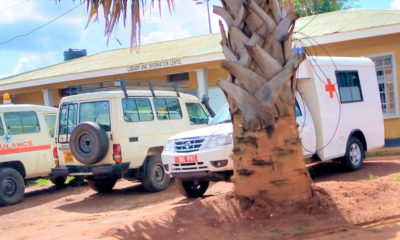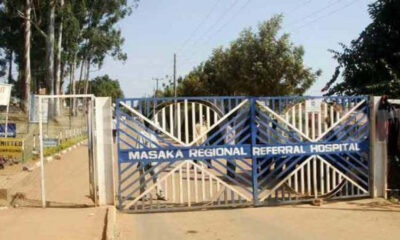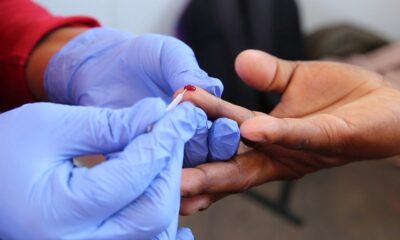Ugandan health stakeholders are calling on the government to ramp up efforts in the fight against malaria. This call comes amidst rising cases and deaths attributed to the disease, making it a pressing public health concern.
Malaria’s Economic and Health Impact
During a recent presentation of the Health Financing Landscape report to the Parliamentary Committee on Health, Dr. Sarah Byakika, the Ministry of Health’s Commissioner for Planning and Policy, highlighted the significant burden malaria places on Uganda’s healthcare budget. She noted that malaria consumes the largest portion, at 27 percent of the total health expenditure.
“Malaria consumes the biggest budget in terms of disease condition. Donor money is unpredictable, and private health schemes contribute less than 5 percent to total health expenditure,” Dr. Byakika said.
Rising Malaria Cases and Funding Challenges
The report revealed a troubling surge in malaria cases and deaths, with an estimated 12.7 million cases and over 17,556 deaths annually. This results in an economic loss of over $500 million (Shs1.8 trillion) each year. The World Health Organization (WHO) also noted that global funding for malaria control is only half of what is needed.
Calls for Government Action
Dr. Byakika urged the government to increase its commitment to promoting health for all Ugandans. She emphasized that inadequate government funding forces individuals to bear additional costs, leading to catastrophic financial consequences for many.
“There is not much contribution of government revenue to the health sector. People have to pay extra, which is inadequate, and the poor end up paying more than they can afford,” she said.
Enhanced Malaria Interventions
Dr. Jimmy Opigo, Head of the Malaria Control Program, highlighted the government’s increased interventions. These include nationwide distribution of insecticide-treated mosquito nets and improved treatment efficiency. Despite these efforts, stakeholders believe more needs to be done.
Advocacy for Health Insurance
Civil society organizations, like the Center for Health, Human Rights, and Development (CEHURD), are advocating for the swift passage of the National Health Insurance Scheme Bill. This bill aims to expand health insurance coverage and enhance social health protection.
“Investing in health will enhance economic productivity, improve educational outcomes, increase life expectancy, reduce healthcare costs, and promote social equity,” stated Ms. Fatia Kiyange, Executive Director of CEHURD.
In conclusion , the call from health stakeholders for increased government intervention in the malaria fight underscores the urgent need to address this public health crisis. Enhanced funding, improved interventions, and broader health insurance coverage are crucial steps towards reducing malaria’s impact on Uganda’s population.



























